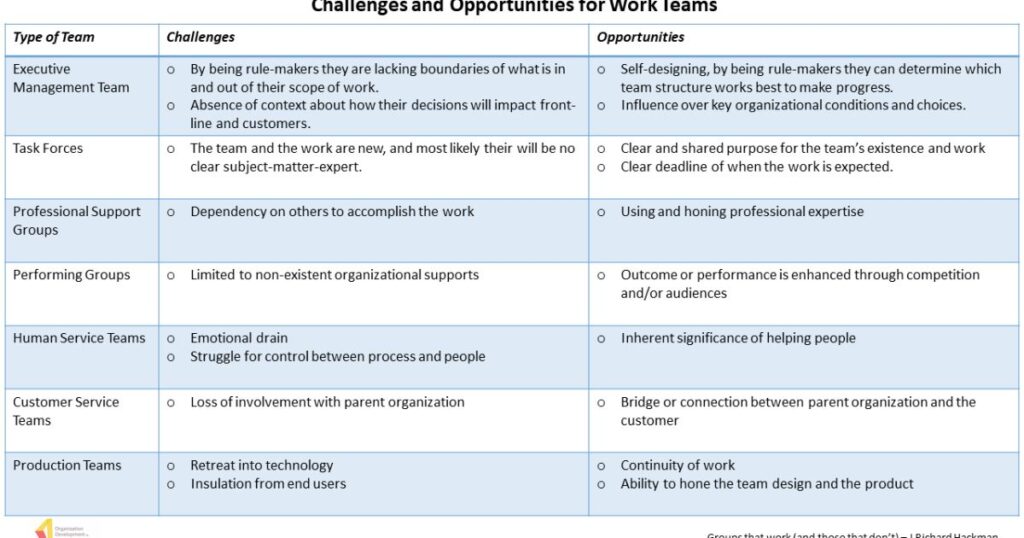In today’s fast-paced financial world, the concept of automatic investments has gained significant traction. But is this approach truly a money skill, or is it just another financial fad?
Let’s delve into the world of automatic investments and explore their potential as a crucial money management tool.
Understanding Automatic Investments

Automatic investments refer to the practice of setting up recurring transfers from your bank account to an investment account.
This process allows you to invest a predetermined amount of money at regular intervals, typically monthly or bi-weekly, without having to manually initiate each transaction.
Types Of Automatic Investments
There are several ways to implement automatic investments:
- 401(k) contributions: Many employers offer automatic payroll deductions for 401(k) plans.
- Robo-advisors: These digital platforms automatically invest and rebalance your portfolio based on your goals and risk tolerance.
- Mutual fund automatic investment plans: Many mutual fund companies allow you to set up recurring investments.
- Dividend reinvestment plans (DRIPs): These programs automatically reinvest dividends back into the same stock or fund.
- Round-up apps: These applications round up your purchases to the nearest dollar and invest the difference.
Benefits Of Automatic Investing
Automatic investing offers several advantages that can contribute to long-term financial success:
- Consistency: By automating your investments, you ensure regular contributions regardless of market conditions or personal circumstances.
- Dollar-cost averaging: This strategy involves investing a fixed amount at regular intervals, potentially reducing the impact of market volatility.
- Reduced emotional decision-making: Automatic investments help remove the temptation to time the market based on emotions or short-term fluctuations.
- Convenience: Once set up, automatic investments require minimal effort and time commitment.
- Compound growth: Regular investments allow you to take full advantage of compound interest over time.
The Psychology Behind Automatic Investments

Understanding the psychological aspects of automatic investments can help explain why they may be considered a money skill.
Overcoming Behavioral Biases
Automatic investments can help investors overcome common behavioral biases that often hinder financial success:
- Procrastination: By automating the investment process, you eliminate the need to actively decide to invest each time.
- Loss aversion: Regular, smaller investments can feel less risky than larger, lump-sum contributions.
- Anchoring: Automatic investments help you focus on long-term goals rather than short-term market fluctuations.
- Availability bias: By investing automatically, you’re less likely to be swayed by recent news or market trends.
Building Positive Financial Habits
Automatic investments can contribute to the development of good money habits:
- Paying yourself first: By prioritizing investments before discretionary spending, you cultivate a savings-oriented mindset.
- Budgeting: Regular investment contributions encourage you to factor savings into your overall budget.
- Long-term thinking: Automatic investments promote a focus on long-term financial goals rather than short-term gains.
Automatic Investments As A Money Skill

Considering automatic investments as a money skill requires examining how they contribute to overall financial literacy and success.
Developing Financial Discipline
Automatic investments can help cultivate financial discipline in several ways:
- Consistency: Regular investments foster a habit of saving and investing.
- Patience: Automatic investing encourages a long-term perspective on wealth building.
- Goal-oriented thinking: Setting up automatic investments often involves defining clear financial objectives.
Maximizing Investment Potential
By leveraging automatic investments, individuals can potentially improve their investment outcomes:
- Reduced timing risk: Regular investments help mitigate the risk of investing a large sum at an inopportune time.
- Diversification: Automatic investments can be spread across various assets, promoting a diversified portfolio.
- Compounding benefits: Consistent investments allow for maximum benefit from compound growth over time.
Adapting To Changing Financial Circumstances
A key aspect of financial skills is the ability to adapt to changing situations:
- Scalability: Automatic investments can be adjusted as income or expenses change.
- Flexibility: Many automatic investment plans allow for easy modifications or pauses when needed.
- Financial resilience: Regular investing can help build a robust financial foundation to weather unexpected events.
Challenges And Considerations
While automatic investments offer numerous benefits, it’s important to consider potential drawbacks and challenges:

Potential Downsides
- Complacency: Automation may lead to a “set it and forget it” mentality, potentially neglecting necessary portfolio adjustments.
- Missed opportunities: Regular, fixed investments may prevent taking advantage of market dips or other investment opportunities.
- Fees: Some automatic investment platforms or services may charge fees that could impact overall returns.
- Cash flow management: Without proper planning, automatic investments could strain short-term cash flow.
Balancing Automation And Active Management
To maximize the benefits of automatic investments while mitigating potential drawbacks:
- Regular review: Periodically assess your investment strategy and make adjustments as needed.
- Diversification: Ensure your automatic investments are part of a well-diversified portfolio.
- Emergency fund: Maintain a separate emergency fund to avoid disrupting your investment plan during financial setbacks.
- Education: Continue to educate yourself about investing and personal finance to make informed decisions.
Implementing Automatic Investments

For those interested in incorporating automatic investments into their financial strategy, consider the following steps:
Read This Blog:https://financesscope.com/do-some-investment-bank-look-at-high-school-gpa/
- Assess your financial situation: Determine how much you can realistically invest on a regular basis.
- Set clear goals: Define short-term and long-term financial objectives to guide your investment strategy.
- Choose an investment vehicle: Select the most appropriate method for automatic investing based on your goals and circumstances.
- Start small: Begin with a manageable amount and increase your contributions over time as you become more comfortable.
- Monitor and adjust: Regularly review your automatic investment plan and make changes as needed to align with your evolving financial situation and goals.
Frequently Asked Questions
What is the minimum amount required for automatic investments?
The minimum amount varies depending on the investment platform or vehicle, but many allow you to start with as little as $25 or $50 per month.
Can I change or stop my automatic investments at any time?
Most automatic investment plans offer flexibility, allowing you to modify or pause your contributions as needed, though specific terms may vary.
Are automatic investments suitable for all types of financial goals?
Automatic investments can be effective for various goals, from short-term savings to long-term retirement planning, but the appropriate strategy may differ based on your specific objectives.
How do automatic investments affect my taxes?
The tax implications of automatic investments depend on the type of account and investments you choose. Consult a tax professional for personalized advice.
Can automatic investments guarantee financial success?
While automatic investments can be a powerful tool, they don’t guarantee success. They should be part of a comprehensive financial plan tailored to your individual circumstances.
Conclusion
Automatic investments have emerged as a valuable tool in the modern investor’s arsenal. By promoting consistency, discipline, and long-term thinking, they embody many characteristics of a true money skill.
However, like any financial strategy, automatic investments require thoughtful implementation and ongoing management to be truly effective.
Ultimately, the question “Are automatic investments a money skill?” can be answered with a qualified yes. While the act of setting up automatic investments is relatively simple, the decision to do so and the ability to manage them effectively over time demonstrate important financial acumen.
By embracing automatic investments as part of a broader financial strategy, individuals can cultivate valuable money skills that contribute to long-term financial well-being.

Marcus Delgado is a certified financial planner with expertise in retirement strategies and tax optimization.
With a background in economics and a passion for helping individuals achieve financial freedom, Marcus provides practical advice on long-term wealth building and smart money management.












